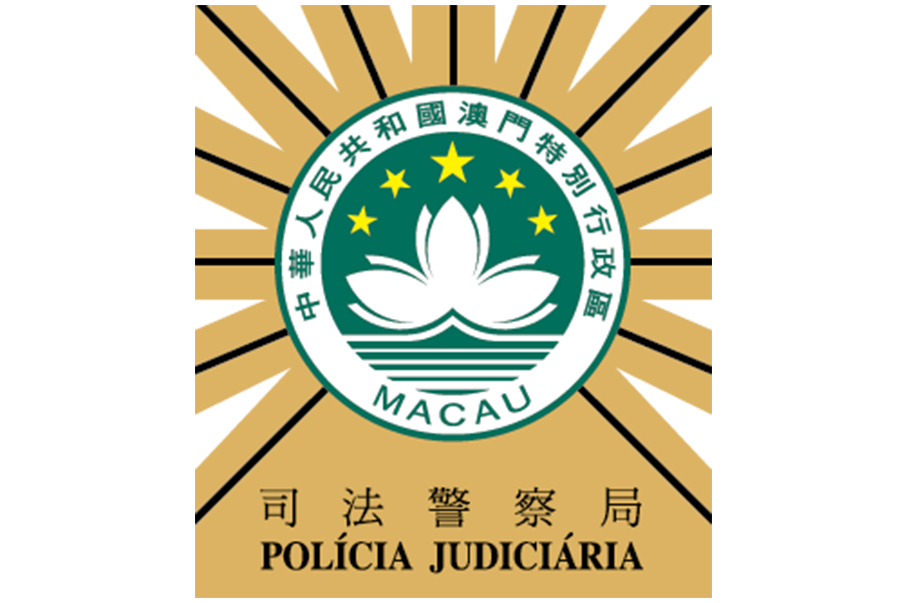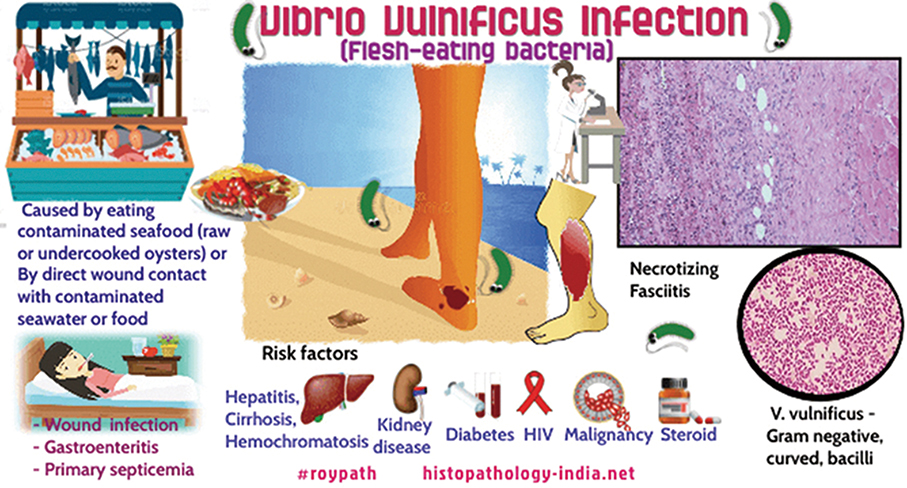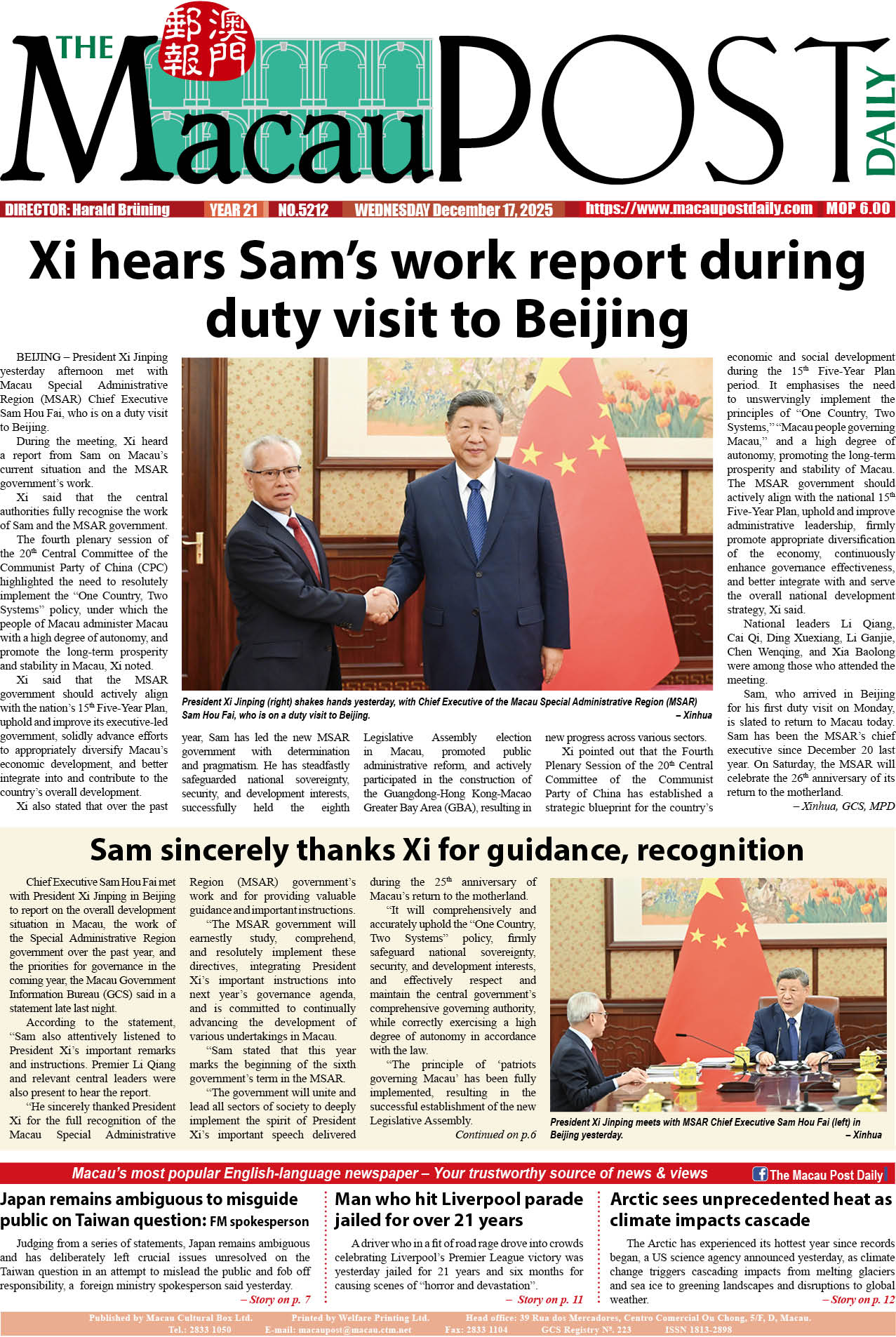The Macau Journalists Association (AJM) held a walking tour entitled “AJM Diversity Project 2021” yesterday, which featured a tour across several hotspots for the Philippine community that spanned from Largo do Senado to Rua da Alfândega.
According to a statement, the event aimed to enhance mutual understanding through equal interaction, enhance the understanding of migrant workers and to learn about their stories and their voices through a multinational dialogue session after the tour.
Over a dozen people, mostly journalists, took part in the one-hour tour.
The tour included stops such as the Largo do Senado and Ruins of St. Paul’s, which are some of the main meeting areas for Filipinos as the locations are recognisable, accessible, and large in terms of space. In addition, Pacific Ace, which is located at Rua dos Mercadores, is where most of the Filipino community head to remit part of their salaries to their families in the Philippines.
Other stops included a Filipino convenience store named “Chinoy Express” and GenEx Cargo in Rua dos Cules, where they send their packages back to the Philippines with services such as air and sea cargo freight forwarding, crating packaging, door delivery and door to door cargo service for the Filipino community.
Filipino association leaders discuss hardships experienced in Macau
Aside from answering questions about the tour during a multinational dialogue session after the tour, chairpersons of two different associations, the Progressive Labour Union of Domestic Workers in Macau (PLUDW) and the Greens Philippines Migrants Union, told reporters yesterday about the challenges faced by migrant domestic workers in Macau.
Jassy Santos, the acting chairperson of the PLUDW, told reporters of certain struggles, which include having to cope with rising expenses despite a small salary and issues regarding the minimum wage. Santos also said that domestic workers are “very vulnerable” and “are prone to abuse”, adding that Macau lacks laws that can represent domestic workers well.
When asked if the difficulties have been reflected to relevant government bureaus by the associations, Santos noted the difficulties of reaching particular government bodies can prove to be difficult, saying that at times, domestic workers are “excluded from the law”.
Meanwhile, Nedie Taberdo, the chairperson of Greens Philippines Migrants Union, also told reporters of the difficulties faced during a time when they tried to apply for a licence to hold a demonstration on May 1 of this year for the Philippine Labour Day, where they attempted to apply for a licence for a demonstration starting from Rotunda de Carlos de Maia, commonly known as the Three Lamps, to Macau Government Headquarters. They had also intended to hold labour consultations and labour studies about laws in Macau for migrant domestic workers during the demonstration. However, their application was denied numerous times.
Another application, which was approved, only allowed them to sit in Flora Garden, without the use of banners or microphones, apart from limiting the number of participants to just 10 to 15 people.
According to the Macau Basic Law, only residents have the right to demonstrate.

Tour guide and PLUDW Acting Chairperson Jassy Santos talks about the city’s gathering spots for Filipinos in Largo do Senado during yesterday’s walking tour. Photo: Rui Pastorin








